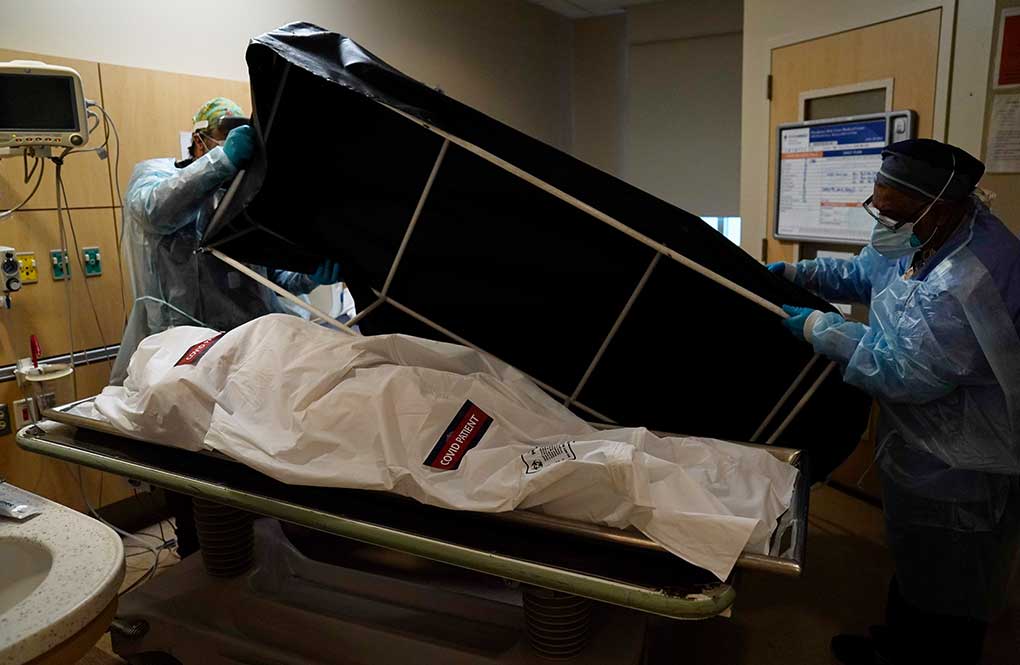COVID-19 deaths are again on the rise, with Australia recording 88 fatalities over the weekend and 363 in the past seven days.
By contrast, daily toll reports during April only once exceeded 50 and were often less than 25.
Victoria recorded 16 deaths on Sunday, Western Australia seven, NSW four, Queensland two and Tasmania one.
Australia’s active virus caseload remains above 300,000 and there are more than 2700 patients recovering in hospitals around the country.
Authorities have again extended emergency powers in Tasmania, where almost one-third of the state has been diagnosed with COVID-19 and there have been almost 60 deaths this year.
Director of Public Health Mark Veitch expects it will be for the last time but says vigilance is vital.
“Although we expect to transition out of the state of Public Health Emergency by 30 June, this does not mean that COVID-19 will be over,” he said on Sunday.
“For the time being, existing emergency directions remain in place.”
Meanwhile, one of Australia’s leading charities says the effect of the pandemic on children’s education is not over.
A Smith Family survey has found one in two parents and carers feel the pandemic is still making learning difficult for their children, while three-quarters worry about their future schoolwork and have struggled to help them during the pandemic.
Two-thirds say the virus has made it hard to start school this year.
In Victoria, almost 600,000 residents have lodged pandemic rebate claims for pottery classes, museum exhibitions, winery lunches and other events in the month since they were offered.
More than a quarter of the applications have been for the theatre and performing arts, with Hamilton and Harry Potter and the Cursed Child most popular, says Tourism Minister Martin Pakula.
Cinema purchases accounted for 26 per cent of claims, while live music also featured prominently with 13 per cent of customers claiming for gigs.
The Victorian government launched the scheme on March 29.
(AAP)













